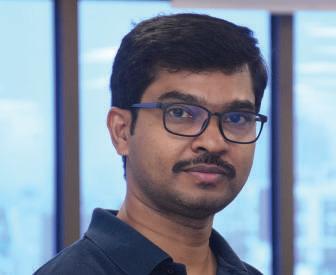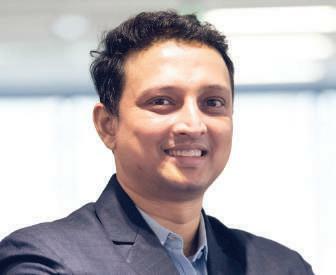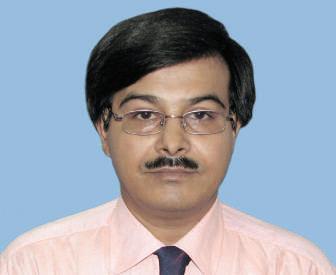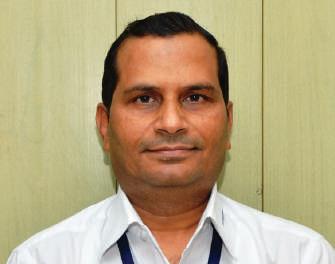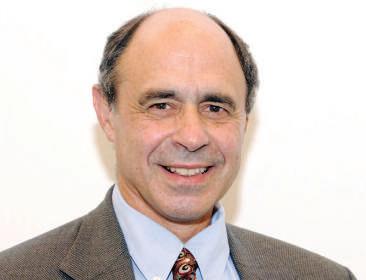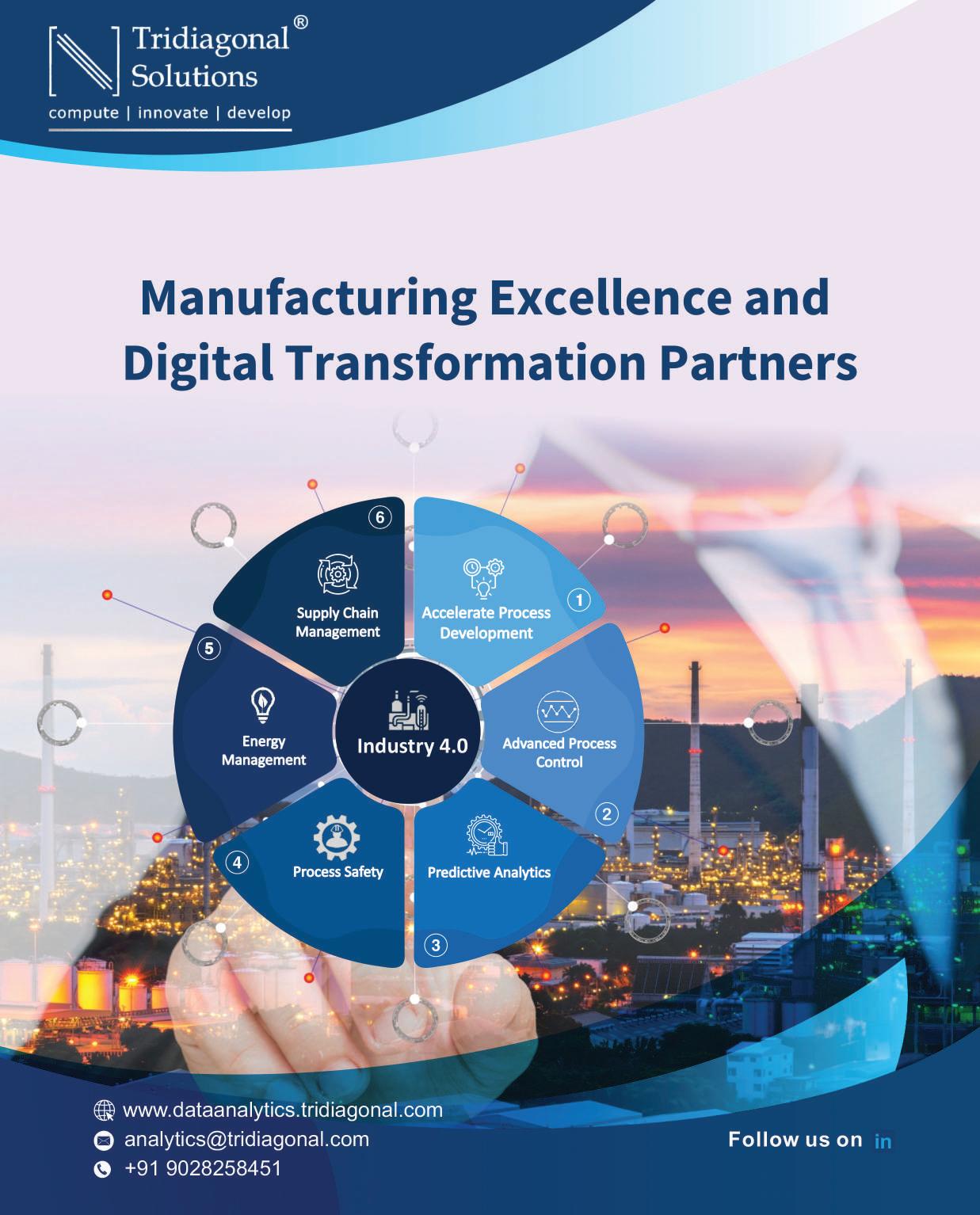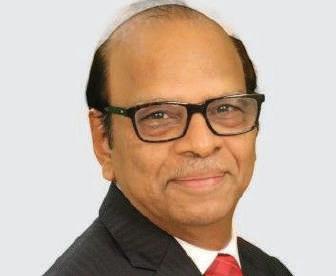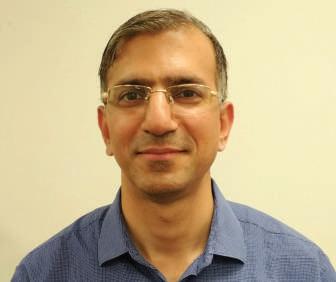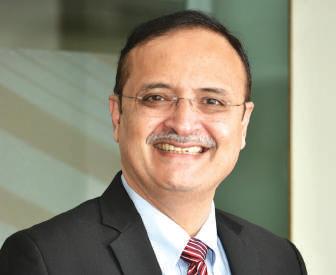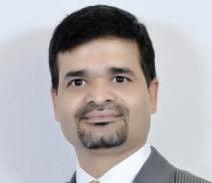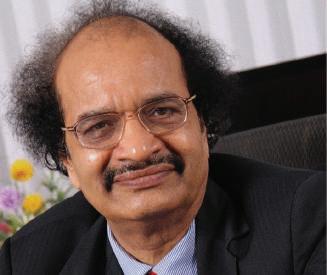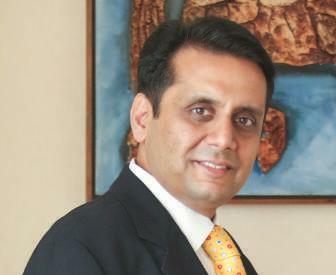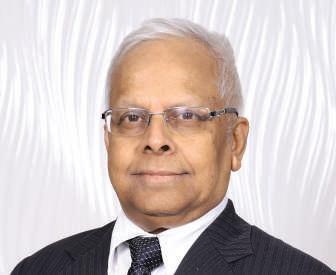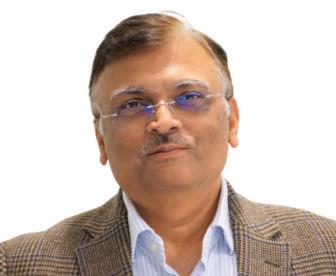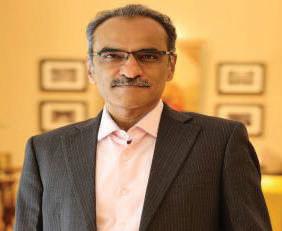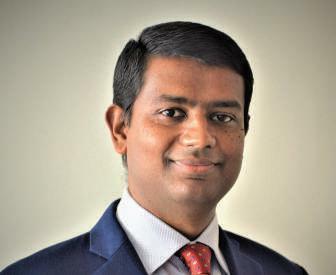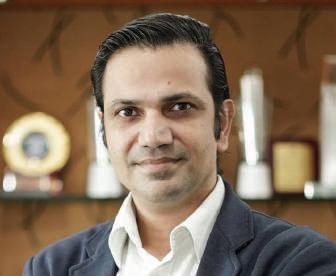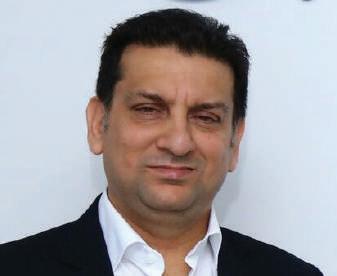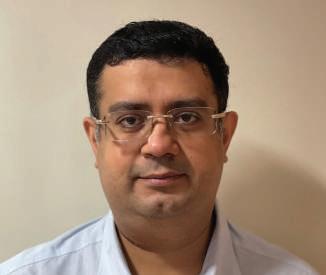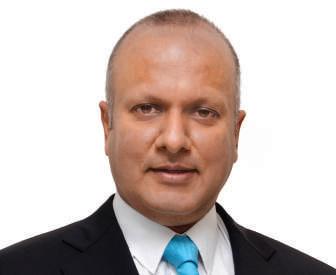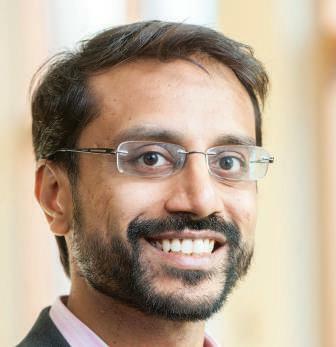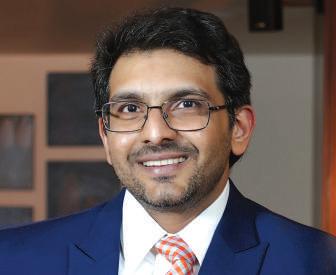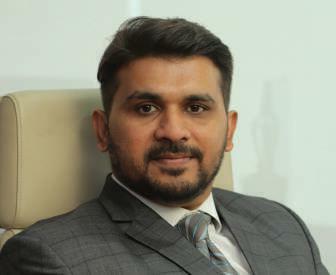[ 130 ]
|
COLUMN
CONTRIBUTING TO SUPPORT THE GREEN ENERGY TRANSITION India needs to adopt a circular economy path on a more proactive basis as it is the third highest emitter of greenhouse gases and accounts for 9.2% of total world emissions
SATHIAMOORTHY GOPALSAMY
MANAGING DIRECTOR TECNIMONT PRIVATE LIMITED (MAIRE TECNIMONT GROUP)
O
ver the past decade there has been a greater emphasis on building a more sustainable economy from both developed as well developing nations by steadily moving away from the usage of fossil fuels. Transitioning from a linear to a circular economy is perhaps the only viable solution that can ensure achieving the UN sustainability goals. It underscores the need to shift towards the use of renewable resources and aims at eliminating waste through the superior design of materials, products, systems, and business models. It's even more important for a country like India to adopt a circular economy path on a more proactive basis, as it is the third highest emitter of greenhouse gases and accounts for
9.2% of total world emissions. There has been a greater amount of emphasis by both the Government of India and domestic companies to help the country in its mission towards a clean energy transition. To reduce the carbon footprint, an increasing number of companies across the globe are now exploring the green hydrogen option, which has been labelled as one of the cleanest forms of energy in the world. We at Maire Tecnimont S.p.A., an Italian based industrial group which leads the global natural resource processing industry (downstream oil & gas plant engineering, with technological and executive expertise), through our Group subsidiary NextChem operating in the field of green chemistry and technologies in support of the energy transition, have found technologies’ solutions able to make the energy transition possible. NextChem is well-placed to play both the roles of partner and coordinator in several international research projects. NextChem’s green acceleration roadmap is focused on three areas of activity: Greening the Brown – technologies for the reduction of pollutant and GHG emissions released from existing plants; Circular Economy – mechanical recycling and waste-to-chemical technologies for the chemical conversion of plastic waste and other discarded materials. Waste that can be recovered via chemical recycling includes, for example, mixed plastic packaging from urban waste collection, refuse derived fuels and the so called “dry-fraction” of waste derived from the mechanical-biological treatment of mixed waste. Through a chemical conversion process where hydrogen and carbon contained
in the waste are recovered, a synthesis gas is obtained that can be used to produce compounds like ammonia, methanol, ethanol, and hydrogen. Chemical recycling which is a thermal process but differs from incineration because the chemical conversion happens via oxygen, and not by reaching the combustion point. The process is known as “partial oxidation” and uses pure oxygen as an oxidiser. The conversion phase is followed by a subsequent purification phase which stops pollutants from being emitted into the atmosphere. The gas obtained can be considered “circular” as it derives from post-consumer materials. The residues from the process are inert and can be reused in industrial applications such as brick making. Finally, Green-Green is the third area of activity consisting of technologies which use biomass or biological raw materials to produce intermediates, biofuels and bio-plastics. In this context, NextChem has developed the Green Circular District Model. The Green Circular District brings benefits to the environment, the economy, and society through decarbonization, recycling and recovery, production, employment, and local economic development. This model integrates proprietary and licensed technology already proven, available and ready to be industrially implemented, and it allows to realize industrial projects which are environmentally, socially, and economically sustainable. The Green Circular District model is mainly aimed at green recovery of industrial brownfield sites, above all in petrochemical and steel sectors. The aim of the model is to produce high quality recycled polymers,



